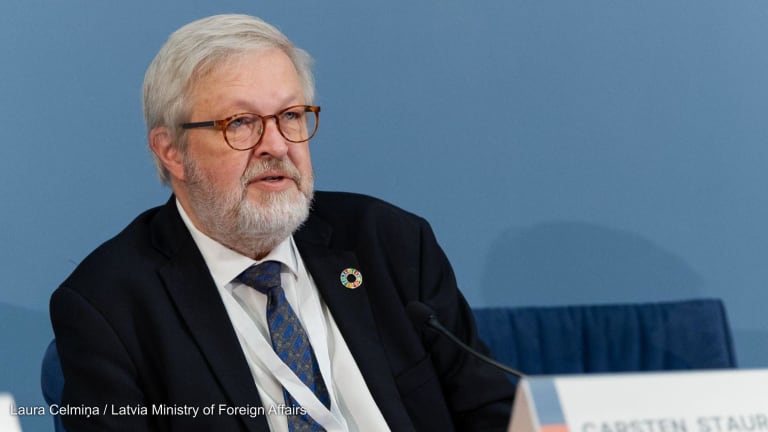
When development discussions refer to “governments,” 99 times out of 100 they mean the executive branch and ignore the legislative branch, as if it didn’t exist.
Yet it’s parliaments that make the laws and pass the budgets that make development happen. And, without sufficient oversight of executive branch expenditures of development funding — including from domestic and foreign sources — it’s virtually assured that corruption and leakage will detract from achieving development objectives and value for money. Parliaments are the only democratic institutions with the constitutional mandate to hold governments to account. To work effectively, parliamentarians must be empowered to give inclusive voice to the needs and concerns of the people who voted them into power. This is not a given.
Parliaments are countervailing powers to their governments’ executive branches if they have oversight capacity. But in the developing world, parliamentary institutions are the political underdogs in an executive-dominated landscape. They are also chronically understaffed and ill-informed. More often than not, they are sorely under-resourced and vital research and other capacity is often in short supply. To make matters worse, although civil society in mature democracies is accustomed to reproaching parliaments to do better on development, developing countries’ local and foreign-based civil society groups tend to ignore opportunities for parliamentary interactions. What’s more, they are frequently isolated from international development debates.
Development efforts are more likely to meet their targets when parliaments engage effectively in the budget process, both for budget formulation and to oversee executive (and donor) expenditures. But we cannot always count on government executives to provide sufficient resources and support for parliaments’ proper oversight of their performance. That is why parliaments in emerging democracies look to the donor community for support, as do civil society organizations.
Donors tend to shy away from supporting legislatures to be “development watchdogs,” offering around ten times less support to them than to civil society organizations. However, bypassing parliaments because of their weakness only further weakens their capacity. We should be developing it. A strong parliament can help manage and prevent conflicts by representing citizens inclusively and affecting income redistribution to address inequalities and reduce extreme poverty.
Parliaments should be invited to participate in all development dialogues at country and regional levels. Country-level donor-partner meetings, debates, surveys and plans should include all relevant parliamentary decision-makers. Development-related committee chairs or representatives should especially be included.
Donor countries’ parliamentary stakeholders are also of increasing yet often unrecognised importance. Not only do they vote more freely to support official development assistance when they have first-hand knowledge of its achievements, but they are increasingly finding time and money to partner with parliamentary colleagues in other countries to ensure proper oversight of ODA and other expenditures. They are maximizing opportunities for reaching better policy coherence for development effectiveness.
The Global Partnership for Effective Development Cooperation is mandated to monitor implementation of the commitments made to the various stakeholders in the landmark Paris (2005), Accra (2008) and Busan (2011) documents. However, the implementation of commitments made regarding parliaments is not monitored at present. Indicator 6 is intended to measure ODA recorded in annual budgets that are subject to parliamentary scrutiny. But while aid quantities are measured, the quality of parliamentary oversight is not. An indicator is needed to monitor parliamentary engagement in country-level budget processes. Associated with this, there should be an ODA category to record funding going to strengthen parliaments, as there already is for civil society. Lastly, all mutual accountability frameworks should by default include parliamentary representatives.
A number of parliamentary stakeholders who attended the GPEDC’s High-Level Meeting in Mexico City expressed frustration at not getting their messages across, and disappointment at the missed opportunity to build bridges to other stakeholder groups. They attributed this issue among CSO and private sector representatives, for example, to a concern for consolidating ties with the executive branch of government rather than marginalized parliamentary actors.
Join the Devex community and access more in-depth analysis, breaking news and business advice — and a host of other services — on international development, humanitarian aid and global health.








